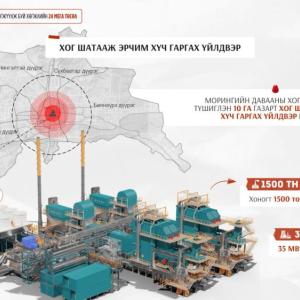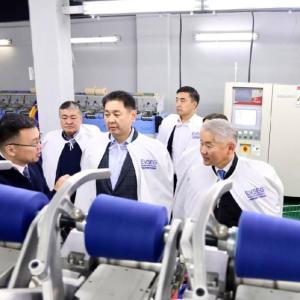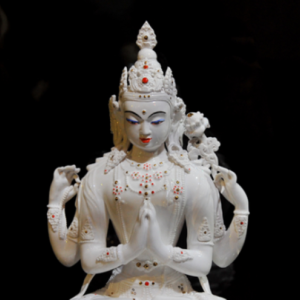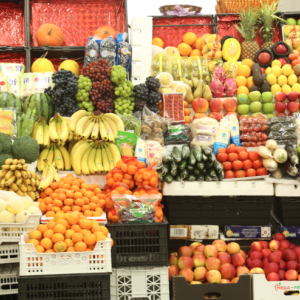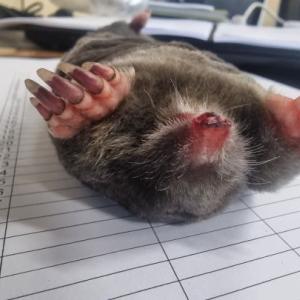Mongolian milk from herder’s farm to your home
Mongolian Brands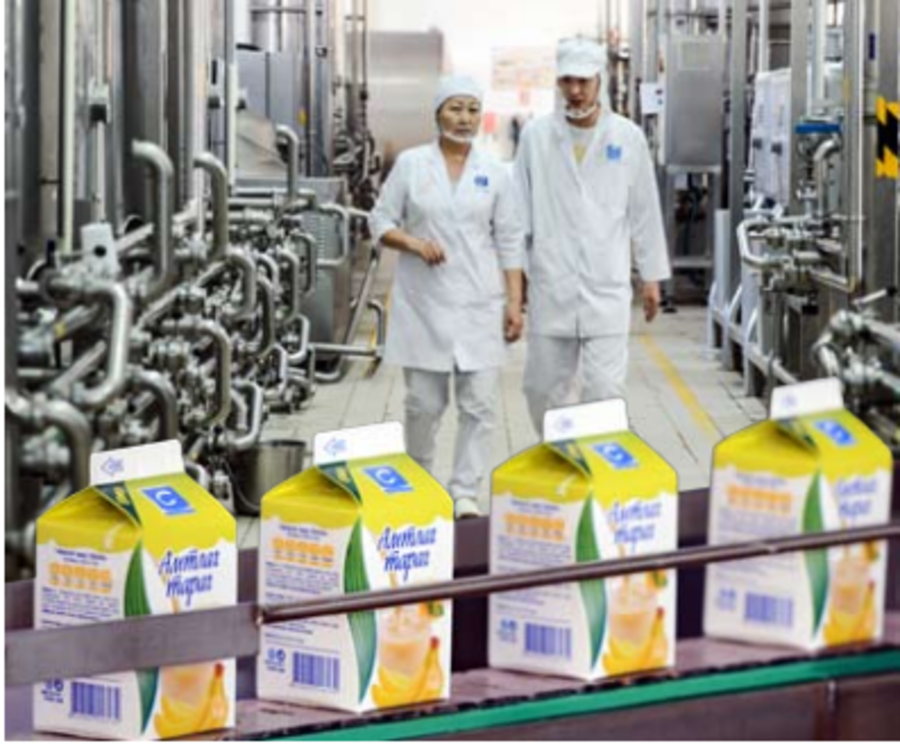
Mongolians use over seventy types of traditionally made dairy products generally named ‘Tsagaan Idee’ in Mongolia. The main raw material for Mongolian dairy products is milk which contains unusual and inimitable qualities. Livestock animals in Mongolia are breed and adapt to the country’s extreme weather four seasons a year. The milk of Mongolian livestock animals, which graze on wild and organic pastures and drink fresh water, is natural and chemical-free.
Mongolians have an ancient tradition to benefit from products originating from their livestock animals and pay attention to the quality of the livestock output products instead of the quantity. For that, herders move to various fresh pasture lands frequently for grazing their livestock.
Since the beginning of time, Mongolians have been making dairy products and history shows that two thousand years ago, the Huns enjoyed an extensive range of dairy products, such as airag and aaruul. The first Mongolian dairy producing factory was established in 1958, which is today’s ‘Suu’ JSC has a capacity to produce 30 tons of milk and was equipped with techniques from Russia and Europe. The first factory marked the beginning a new era of the milk processing industry in Mongolia. The new milk and butter factories fulfill domestic consumption and it was reported that they even exported 300 tons of butter to abroad in 1946.
In this series of the ‘Mongolian Brand’ column, we are introducing one of the biggest domestic milk producers in Mongolia–the Suu Company, which is engaged in environmentally friendly production of milk and milk products using the latest technology and innovation to meet the demands of consumers. As noted previously, making milk and milk products is a long-standing tradition we inherited from our ancestors.
They created the largest milk processing network by working collaboratively with over 2500 herders and farmers to meet the constantly increasing demand of consumers. The company has consistently brought in world-class modern technologies and formed a fully-automated modern factory with an ISO 9001:2008 quality management system.
As for ‘Suu’ JSC, its products are packed in eco-friendly cardboards and spoil within three days. Under the slogan ‘From herder’s farm to your home’, the company has a daily capacity of processing 200 tons of milk and manufactures about 70 types of products as of now. The demand for milk, yogurt, juice, drink, ice-cream, curds from sour milk or aarts, dried curd or aaruul and butter are increasing day to day.
In 2011, the ‘Suu’ company opened its branch factory in Erdenet city, Orkhon Aimag of Mongolia to provide high quality milk products to consumers in the western provinces of Mongolia. With its fully automatic and latest technologies, the factory produces 40 tons of milk and over 30 types of products a day. In particular, the Company named Erdenet Suu Eco, collects milk from over 600 herder families in 10 different areas of Orkhon, Selenge and Bulgan provinces throughout the whole year to produce ecologically fresh and organic products.
Moreover, the ‘Suu’ Company brought another factory with the daily capacity to produce 10 tons of milk in Batshireet soum, Khentii aimag in 2009. The factory makes organic Mongolian products, aarts or curds from sour milk and butter using milk taken from over 200 herder families in Batshireet soum during the summertime.
It is one of the perfect natural products that incorporate vitamins and nutritive minerals valuable for human bodies. According to studies, a person can take all the essential substances human body needs, such as calcium, vitamin D, colostrum and phosphorus Mongolian milk from herder’s farm to your home and other nutrients that improve blood circulation from daily usage of 200g. Milk has advantages to improve the appearance and boost physical energy. Milk’s lactoprotein is synthesized and absorbed easily and improves the balance of amino acids of daily food consumption.
It is calculated that the total milk consumption of Mongolia should be around 204.4 million liters a year. However in 2012, milk use of Mongolia was 41.8 million liters and daily milk consumption per capita was about 40 grams which is an inadequate number for the population’s health. This low milk intake is the primary reason for osteoporosis, dental disease and calcium deficiency which are considered a ‘silent epidemic’. For that reason, realizing its social responsibilities, the ‘Suu’ Company carries-out nationwide campaigns under the theme ‘Get well with milk’, ‘Let’s spread the warmth’ and ‘Let’s give life’. The campaigns call for people to drink more milk and eat more milk products every day to improve their health.
Milk and dairy products are an important part of Mongolian traditional foods. Generally, daily products are divided into two categories; solid or liquid. In particular; solid food products include aaruul, khuruud or dried curd, cheese, clotted cream, clarified butter, sour cream and curds cheese. The liquid products are composed of protein, milk, boiled milk diluted with water, curds, fermented milk of mares, yogurt, aarts or curds from sour milk, drink made by thinning and alcoholic beverages made from fermented milk. In this regard, Food Law of Mongolia names meat and milk of Mongolia’s livestock animals, seeds, wheat, flour and fresh drinking water as strategic foods.
What’s more, milk is not only food to Mongolia; it is widely used in traditional and cultural practices. There are no farewell or welcome parties and weddings and ceremonies that do not involve milk. The Mongolian people compare milk with mother’s kind heart and its white color represents good things happen in life.
Instead of certain products it makes, the name of the company (Suu means milk in Mongolian) has itself become a brand in Mongolia. Their products are distinctive with their natural taste compared to the imported milks with ‘mixtures’ or other milk products that are manufactured in various technologies. Every country runs tests and experiments using various chemicals or use Tetra Pak packaging solutions to extend the shelf-life of milk products.
Mongolians have an ancient tradition to benefit from products originating from their livestock animals and pay attention to the quality of the livestock output products instead of the quantity. For that, herders move to various fresh pasture lands frequently for grazing their livestock.
Since the beginning of time, Mongolians have been making dairy products and history shows that two thousand years ago, the Huns enjoyed an extensive range of dairy products, such as airag and aaruul. The first Mongolian dairy producing factory was established in 1958, which is today’s ‘Suu’ JSC has a capacity to produce 30 tons of milk and was equipped with techniques from Russia and Europe. The first factory marked the beginning a new era of the milk processing industry in Mongolia. The new milk and butter factories fulfill domestic consumption and it was reported that they even exported 300 tons of butter to abroad in 1946.
In this series of the ‘Mongolian Brand’ column, we are introducing one of the biggest domestic milk producers in Mongolia–the Suu Company, which is engaged in environmentally friendly production of milk and milk products using the latest technology and innovation to meet the demands of consumers. As noted previously, making milk and milk products is a long-standing tradition we inherited from our ancestors.
They created the largest milk processing network by working collaboratively with over 2500 herders and farmers to meet the constantly increasing demand of consumers. The company has consistently brought in world-class modern technologies and formed a fully-automated modern factory with an ISO 9001:2008 quality management system.
As for ‘Suu’ JSC, its products are packed in eco-friendly cardboards and spoil within three days. Under the slogan ‘From herder’s farm to your home’, the company has a daily capacity of processing 200 tons of milk and manufactures about 70 types of products as of now. The demand for milk, yogurt, juice, drink, ice-cream, curds from sour milk or aarts, dried curd or aaruul and butter are increasing day to day.
In 2011, the ‘Suu’ company opened its branch factory in Erdenet city, Orkhon Aimag of Mongolia to provide high quality milk products to consumers in the western provinces of Mongolia. With its fully automatic and latest technologies, the factory produces 40 tons of milk and over 30 types of products a day. In particular, the Company named Erdenet Suu Eco, collects milk from over 600 herder families in 10 different areas of Orkhon, Selenge and Bulgan provinces throughout the whole year to produce ecologically fresh and organic products.
Moreover, the ‘Suu’ Company brought another factory with the daily capacity to produce 10 tons of milk in Batshireet soum, Khentii aimag in 2009. The factory makes organic Mongolian products, aarts or curds from sour milk and butter using milk taken from over 200 herder families in Batshireet soum during the summertime.
It is one of the perfect natural products that incorporate vitamins and nutritive minerals valuable for human bodies. According to studies, a person can take all the essential substances human body needs, such as calcium, vitamin D, colostrum and phosphorus Mongolian milk from herder’s farm to your home and other nutrients that improve blood circulation from daily usage of 200g. Milk has advantages to improve the appearance and boost physical energy. Milk’s lactoprotein is synthesized and absorbed easily and improves the balance of amino acids of daily food consumption.
It is calculated that the total milk consumption of Mongolia should be around 204.4 million liters a year. However in 2012, milk use of Mongolia was 41.8 million liters and daily milk consumption per capita was about 40 grams which is an inadequate number for the population’s health. This low milk intake is the primary reason for osteoporosis, dental disease and calcium deficiency which are considered a ‘silent epidemic’. For that reason, realizing its social responsibilities, the ‘Suu’ Company carries-out nationwide campaigns under the theme ‘Get well with milk’, ‘Let’s spread the warmth’ and ‘Let’s give life’. The campaigns call for people to drink more milk and eat more milk products every day to improve their health.
Milk and dairy products are an important part of Mongolian traditional foods. Generally, daily products are divided into two categories; solid or liquid. In particular; solid food products include aaruul, khuruud or dried curd, cheese, clotted cream, clarified butter, sour cream and curds cheese. The liquid products are composed of protein, milk, boiled milk diluted with water, curds, fermented milk of mares, yogurt, aarts or curds from sour milk, drink made by thinning and alcoholic beverages made from fermented milk. In this regard, Food Law of Mongolia names meat and milk of Mongolia’s livestock animals, seeds, wheat, flour and fresh drinking water as strategic foods.
What’s more, milk is not only food to Mongolia; it is widely used in traditional and cultural practices. There are no farewell or welcome parties and weddings and ceremonies that do not involve milk. The Mongolian people compare milk with mother’s kind heart and its white color represents good things happen in life.
Instead of certain products it makes, the name of the company (Suu means milk in Mongolian) has itself become a brand in Mongolia. Their products are distinctive with their natural taste compared to the imported milks with ‘mixtures’ or other milk products that are manufactured in various technologies. Every country runs tests and experiments using various chemicals or use Tetra Pak packaging solutions to extend the shelf-life of milk products.
 Ulaanbaatar
Ulaanbaatar












